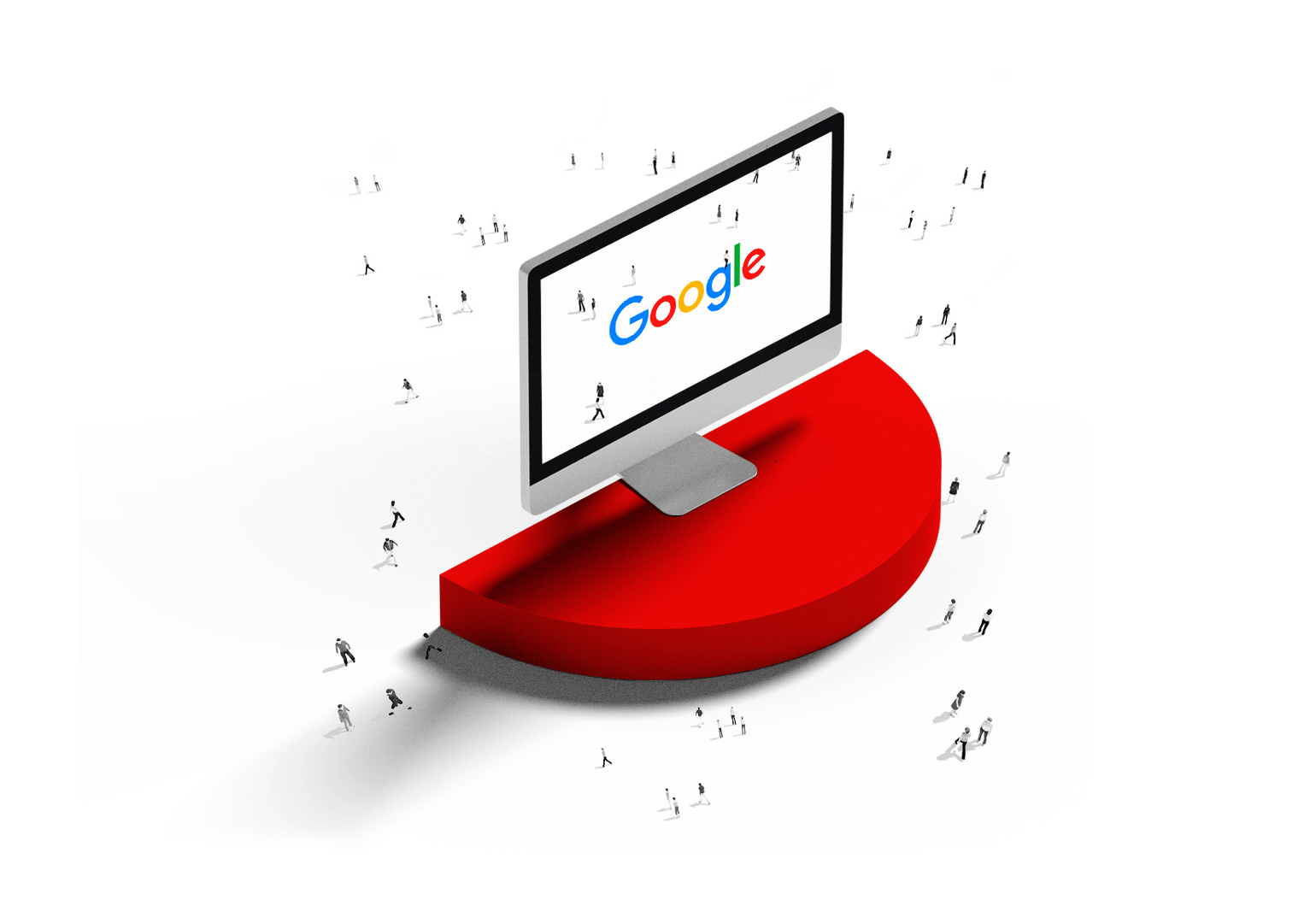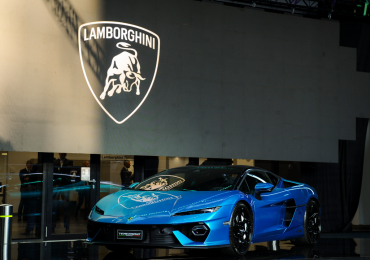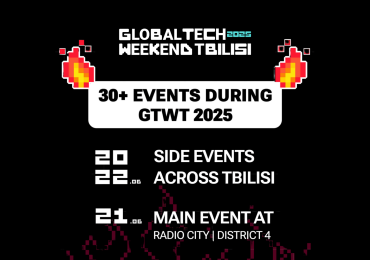Google was having a fine day milking its cash cow named “Search Ads” when BAM! AI, this cheeky upstart comes along threatening to disrupt the very foundation of Google’s empire – search-based ad revenue.
Is Google’s ‘Search Ads’ cash cow about to be tipped over by the AI? Can our old pal Google pull up its socks and cha-cha with AI without stepping on its own ad toes? And why on Earth does this all sound like a sitcom plot?
Google’s Iron Throne
All hail Google, born from the union of two bright minds in a dingy garage and baptized in a whirlpool of crazy code.
From the humblest of beginnings, the tech giant now commands the digital realm with the grace of a symphony conductor and the iron fist of a seasoned dictator.
It’s a story of epic proportions, with heroes, villains, and, yes, an occasional dragon (remember Dragonfly?).
Okay, fine. Enough with that forced symbolism. We all know what Google is… right?
I mean, every random guy in the street can tell you it’s a search company.
It really is a search company but to me that categorization is lacking.
I say Google is a search advertising company. That’s right, while it’s main functionality is search, virtually their only monetization channel is advertising. It’s a money-making machine, revving up its engines every time you key in a seemingly innocuous search query.
‘What’s the weather like?’ Bam! Here’s an ad for an umbrella. Looking up ‘kitty videos’? There you go! A pet food ad wiggles its way into your feed.
Google’s got this game down to an art. It’s a work of genius, really, intertwining search with ads so seamlessly that we don’t even realize we’re part of the grand plan. Google, the puppet master, and we, the audience, dancing on the strings of search keywords and ad impressions.
It’s all very well choreographed.
But what happens when the music changes? What if the dance of the future is one that Google has not choreographed?
What if there’s a new maestro in town?
And there really is.
Enter Artificial Intelligence (AI), stage right.
This autonomous, self-learning wunderkind is whipping up quite the storm, promising to revolutionize how we search, find, and consume information. And therein lies the rub for our reigning monarch, Google.
Imagine a world where you don’t need to type into a search bar to find information. Instead, you converse with an AI, which understands your context, your history, your preferences and delivers an answer. No distractions, no detours, just a straight, accurate answer. No ads.
Now, wouldn’t that be something?
But it’s not just something. It’s a looming reality. The symphony of search and ads that Google so beautifully conducts is under threat. A new melody is in the air, and Google might just have to learn to dance to a different tune.
This is the Innovator’s Dilemma that we find Google caught in. But before we get too ahead of ourselves, let’s dig a little deeper into what the Innovator’s Dilemma is and why Google, seated so comfortably on its iron throne, might have a reason to be very, very uncomfortable.
Innovator’s Dilemma, What a Mess
Ah, the Innovator’s Dilemma – sounds like a Hollywood movie about a conflicted genius inventing something that could either save humanity or doom it for eternity. Kind of like an Oppenhauer. But jokes aside, this concept is every bit as dramatic as it sounds – minus the apocalypse.
Here’s the thing. Imagine being the proud owner of a pizza joint, loved by all for your signature extra-cheesy pizzas.
Suddenly, there’s a new competitor in town – healthy eating (the audacity!).
A new joint opens, offering broccoli-infused, low-fat pizzas, and all the fitness junkies are going gaga over it. You laugh it off initially, until you notice your sales dipping. Ouch! Now you’re stuck between a rock and a hard place, aren’t you?
You want to cater to your loyal customers (cheese-lovers unite!) but you can’t ignore the growing market of health-conscious consumers. Congratulations! You’ve just found yourself in the middle of the Innovator’s Dilemma – the question of whether to stick with your successful, tried-and-true business model, or venture into the unknown, and potentially risk it all.
Now, let’s take our beloved Google, standing tall as the King of Search and Ad Revenues.
Then, along comes AI, the cheeky upstart, threatening to disrupt the very foundation of Google’s empire – search-based ad revenue.
Here’s the irony – it’s like Google has been nurturing a pet python, all shiny and futuristic, only to have it grow large enough to potentially strangle them. Who would’ve thought that their investment in AI might be the very thing that disrupts their business model?
AI can bring a revolution, an era where you chat with your devices, asking them to find information for you. No need to glance at sponsored results or deal with pesky pop-up ads. Just your question and a straight, ad-free answer from your AI buddy.
It’s the digital equivalent of skipping the queue – and who doesn’t love that?
Now, if you think this is all doom and gloom or I’m just a hopeless pessimist, think about this. If Google incorporates AI into it’s search would you rather click a personalized answer which has all the context about your preferences and needs OR would you keep an ad right below it?
Google’s problem isn’t just a figment of some tech geek’s imagination. It’s as real as the latest iPhone model, and possibly even more expensive.
But come on Google is huge, Google is smart, Google is strong! It can’t possibly be so stupid not to find a way out of this.
Weeeell, let’s take a peek into the crystal ball and see what the future might hold for our King of Search.
A Tale of Comedy and Tragedy
For a company that literally prides itself on having the world’s information at its fingertips, Google’s AI journey is shaping up to be an amusing sequence of “oopsies” and “oh craps”.
Their numerous attempts to crack the AI code is like a Shakespearean tragicomedy, complete with twists, turns, and a hearty helping of irony.
But let’s backtrack a bit and take a look at Google’s foray into the AI arena.
There’s Google Assistant, that cute little digital helper that can tell you the weather, set your alarms, and even crack dad jokes when you’re feeling down. Google Assistant is nice and all, but in an AI smackdown, it’s akin to bringing a butter knife to a gunfight.
And then there was Google Duplex, a project that promised AI so advanced, it could pass off as human on a phone call. However, its real-world rollout was as smooth as a cat in a bathtub. The problem wasn’t that the technology wasn’t impressive—it absolutely was. But somewhere between creating a stunning piece of tech and actually making it useful and accessible to everyday users, Google messed up.
Now, a couple of months ago Bard AI was introduced and it was supposed to sack ChatGTP. Guess what happened?
Google lost $100 billion in market value on Wednesday after its new chatbot shared inaccurate information in a promotional video and we are YET to see it’s full rollout into search which (understandably) is taking forever.
Why are these seemingly genius ideas not hitting the mark? Well, it’s as simple as a cheeseburger minus the cheese – Google’s bread and butter is still its search-based ad revenue. Any attempt at AI innovation is a high-wire act where they’re trying to balance advancing AI tech without cannibalizing their milking cow.
It’s like a Michelin star chef trying to cook a gourmet meal, but there’s a catch – he can’t use any spices.
Amusing, for sure, but also tragic.
Google at the Crossroads
And so, we find our hero Google stuck at the crossroads of AI and advertising.
Do they keep milking their cash cow ad business, hoping it’ll moo for many moons to come? Or do they venture into the wild, wild west of AI, risking the wrath of their shareholders and the possibility of a self-inflicted wound?
I mean, that’s like choosing between a billionaire’s bank account and a winning lottery ticket. Either way, there’s a ton of cash involved but the question is – which one’s going to pay out in the long run?
Co-founder & Growth Lead at Kernel













